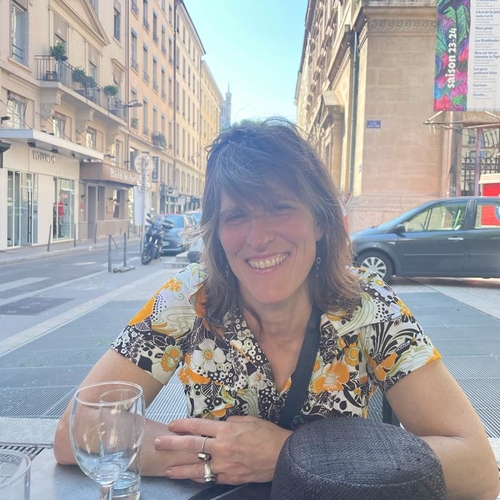
Juliette Cherbuliez
271 19th Ave S
Minneapolis,
MN
55455
Trained in Comparative Literature and Literary Theory, my research concerns largely—but by no means exclusively—Francophone literature, culture, and ideas from the period 1630-1730. I also teach and write on History of the Book, feminist theory and philosophy, material culture, as well as what Meike Bal has called "traveling concepts:" ideas that find their way from discipline to discipline, such as tragedy, revolution, libertinism, violence and luxury.
While much of my work is historical, it does not aim principally to reconstruct this past, or to understand what lessons we can derive from history. Rather, it examines events, concepts, and problems which have been forgotten or otherwise omitted from the usual stories we tell about the past, and the usual way we construct our narratives of modernity. Methodologically, I adhere to the concept of “predisciplinarity:” knowledge as it was constituted in the era prior to our modern division of subjects must be considered not in such separate categories as science, theology and aesthetics, but as undifferentiated and therefore mutually informative. This means, practically speaking, that archives do not belong to disciplines and that expertise is neither a constraint nor a warrant in thinking about an object of study. I also believe that all scholarship is collaborative (even if most of our collaborators are dead or fictional).
I have supervised or co-advised dissertations, senior capstones and research projects on a broad range of topics: political theory and early modern theater, women's literature, fairy tales, epistolary novels, nature and literature in the early modern period, violence and tragedy, women in the French Revolution, non-binary language in francophone literature, architecture and poetry. I welcome inquiries from all interested students, whether in Francophone Studies other fields.
Current areas of research
Beyond Testimony: Early Modern Wartime and the Aesthetics of Violence. My current research seeks to uncover what value art makes of wartime: what meanings it constructs through depictions and assessments of violence, displacement, and division. My primary source is the work of virtuoso print-maker Jacques Callot, alongside which I examine tragedies, poetry, memoirs, and letters from Europe’s Thirty Years War (1618-1648), that continent’s bloodiest and deadliest period, per capita, of all time. I work against the interpretative anachronisms of the “documentary” or the “humanitarian” engagement with violence, in which depictions of violence are motivated by desires to testify to violence in order to decry it. Instead of putting art in dialogue with “history,” and retrospectively ascribing it an evidentiary value, I seek to locate its other functions, pressures, and significations. I believe this period offers us an exemplary moment for understanding how it is possible at once to love and advocate for peace everywhere but to accept violence and subjugation for some, and it is in its aesthetic creations that we can best understand this paradox.
Theater and Violence. In After In the Wake of Medea: Neoclassical Theater and The Arts of Destruction (Fordham, 2020), I continue to investigate how theater works to rehearse the problem of change in society. Just as the public is concerned about the power of first-person shooter video games to inspire violence today, 17th-century moralists worried about the effects of violence on stage. Whereas historians have long argued that the result of these concerns was the elimination of violence from most serious performances, I show rather how violence was integrated into plays and remained a necessary feature of how theater helps us rehearse the problem of change in society. My analysis of 17th-century theater suggests there might be other ways to contend with violence other than our usual way of attempting to eliminate it.
Why Study Women's History? A long-standing interest in women's political life under patriarchy (begun in 4th grade when I first heard the J. Geils Band's "Angel in a Centerfold") and an interest in highlighting the cultural significance of the insignificant or under-examined, shaped my first book, The Place of Exile: Leisure Literature and the Limits of Absolutism (Bucknell 2005). It examines how women used the materiality of the book to create communities in the face of political adversity. A result of this work was the editing of Huguenot refugee Anne de La Roche Guilhen’s theater of exile, Rare-en-Tout, followed by a series of projects on bodily sensation in unstable cultural objects: gardens, fans, letters, and novels. My new work in this area seeks to understand why (and if) we should still study women's history, in an era when anti-essentialism has sought to abandon the category of women.
Educational Background
- PhD and MA: Comparative Literature and Literary Theory, University of Pennsylvania, 1999, 1994
- BA: Comparative Literature, University of Michigan, 1992
Specialties
- Ethics and experience of violence
- 17th-century French literature and culture, esp. drama and the novel
- Dramatic literature, theater history, performance studies
- Libertinism and free-thinking